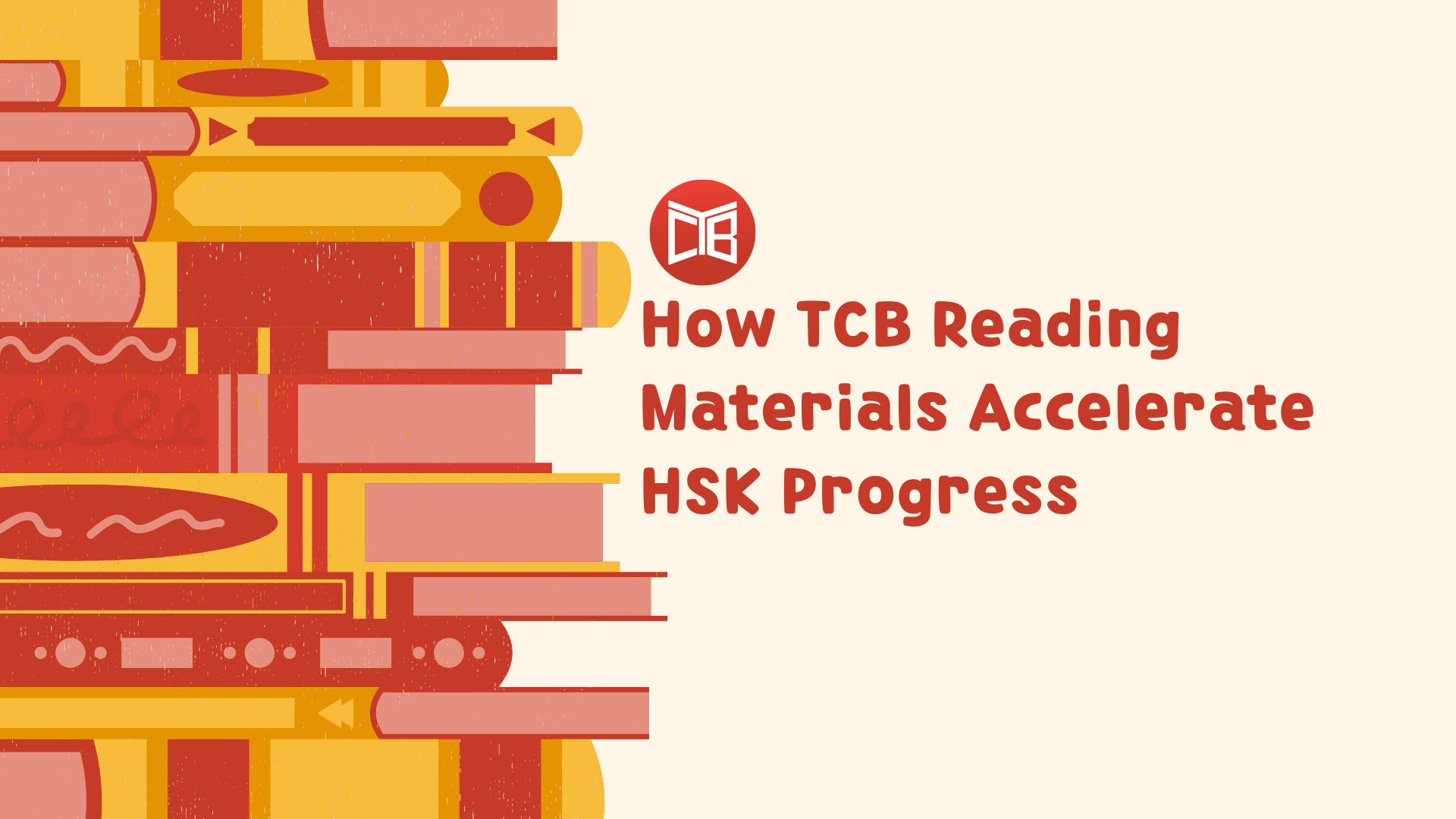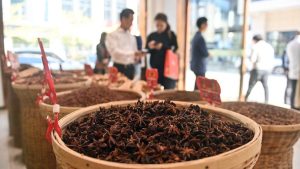
Huizong and Qinzong’s reigns combine as the last rulers of the Northern Song. Their story stands out as a sombre tale in Chinese imperial history resulting in a tragic end to both their reigns and lives. Their inability to manage the challenges they faced directly lead to their downfall and the almost complete collapse of the Song dynasty which had ruled China since 960 AD.
Emperor Qinzong was born in 1100 AD with the personal name Zhao Huan. He was the eldest son and heir apparent of Emperor Huizong who has ascended to the throne the same year as Zhao Huan’s birth. Emperor Huizong was a cultured leader and great admirer of the arts. He amassed a vast personal collection of art, calligraphy and antiques from previous dynasties whilst also being an avid painter and poet in his own right. Whilst regarded as one of the greatest painters in Chinese history, his dedication to the arts and neglect of military matters would ultimately lay the foundations for catastrophe under his son’s rule.
The Jurchens who inhabited Manchuria prior to the formation of the Manchu established the Jin dynasty in 1115 AD. They immediately turned their attentions to attacking the Liao dynasty to the north of the Song and completed the conquest by 1120 AD. The Liao had long been at odds with the Song, and so lacking foresight, Emperor Huizong saw an alliance with the Jin as a chance to rid him of this longstanding foe. The end of the conflict however only resulted in a more formidable force on the Song’s northern border.
Not content with their new conquest and eager to take advantage of the weak Song, the Jin invaded in 1126 AD, crossing the Yellow River to advance on the Song capital Bianjing, present day Kaifeng in Henan Province. Upon hearing the news, Emperor Huizong immediately abdicated in favour of his son and fled to the countryside. Zhao Huan now ascended the throne as Emperor Qinzong at the age of 25 with the imminent threat of the Jin invasion.
Like his father, Qinzong was ill suited to military matters of state. Indecisive over strategy, he first appointed Gang Li, a great general feared by the Jin to lead the Song defence, only to demote him in favour of perusing peace talks negotiated by his brother Zhou Gou. The plan backfired as Zhou Gou was taken hostage by the Jin only to be ransomed back for a significant fee on their march to the city and the subsequent siege.
Despite fierce resistance by forces commanded by Song nobles and the Jin’s struggles to overcome Bianjing’s great walls, Emperor Qinzong ended signing a humiliating treaty with the Jin that included paying huge war reparations and yearly tribute. Upon hearing of the end to the conflict, Qinzong’s father the former emperor Huizong promptly returned to the city from his countryside hiding place. In the aftermath of the Jin withdrawal, General Li wisely suggested to Qinzong that the Song forces be stationed along the Yellow River to guard against another Jin invasion, however rather bizarrely, Qinzong not only rejected the request in favour of sending his troops to other parts of the country under the belief that the Jin would not return, he also exiled General Li for his repeated protests over the decision.
With a false sense of security over the Jin’s withdrawal, Qinzong approached two former Liao nobles with the hope of forming an anti-Jin alliance. Unfortunately for Qinzong, the two nobles reported his intentions to Emperor Taizong of Jin, who immediately dispatched his generals to launch a second invasion.
With the Jin laying siege to Bianjing for a second time in less than a year, the desperate Qinzong is said to have turned to a charlatan named Guo Jing who claimed to possess spiritual powers to summon 7,779 divine soldiers from the heavens. Needless to say, these soldiers did not live up to their name and after a bitter siege were defeated along with the Song forces in 1127 AD. In an event known as the Jingkang incident (“Jingkang” was the era name of Emperor Qinzong’s reign), the consequent massacre and looting lasted for 20 days and 20 nights as all of the imperial palace treasure along with Huizong, Qinzong and the majority of the imperial family and harem were all captured and taken north to the Jin capital of Shangjing (present day Harbin). Fortunately for the survival of the dynasty, Qinzong’s brother Zhou Gou was not present for the fall of the city and managed to escape to the south.
In captivity, Huizong and Qinzong were demoted to the rank of commoners by the Jin and in an act of humiliation forced to don mourning dress and pay homage to Emperor Taozong’s ancestors. To complete their humiliation, they were also given the disdainful titles of “Marquis Chonghun” (literally “Doubly Besotted Marquis”) for Qinzong and “Duke Hunde” (literally “Besotted Duke”) for Huizong.
Meanwhile in Lin’an (present day Hangzhou), Zhou Gou had gained the support from the remnants of the Song imperial court and established the Southern Song as Emperor Gaozong in 1127 AD. His father Huizong died a broken man in 1135 AD, however normalisation of relations between the Song and the Jin saw him posthumously awarded the title of Prince of Tianshui Commandery after the end of peace talks and the resulting Treaty of Shaoxing in 1141 AD. Qinzong was also conferred with the title Duke of Tianshui Commandery but was forced to live out the remainder of his days in captivity, passing away in 1161 AD.
Huizong and Qinzong stand out as a tragic tale of what can befall rulers. Their ineptitude to govern military matters certainly facilitated their downfall and ultimately brought great suffering to their people. It is fortunate that the events that almost resulted in the complete destruction of the Song, would in the end create the opportunity for its resurrection under Gaozong, who’s competent administration laid the framework for the Southern Song to rule until 1279 AD.























